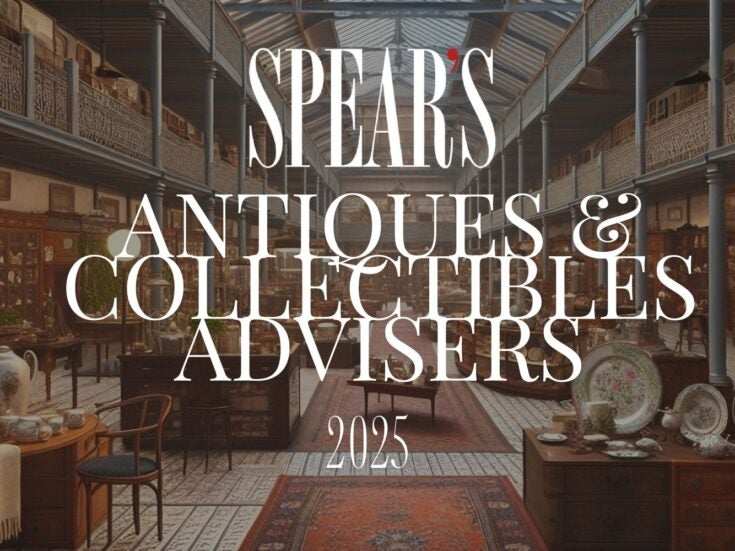

My friend who is a Conservative politician has what amounts to a mild obsession with presidential libraries. He is fascinated by America and sees these standing stone circles as symbolic of a rich political culture. I don’t share this interest, but it led me to observe that the George W Bush library contains not only 70 million pages of text, but also 80 terabytes of electronic records. This is an astonishing agglomeration of information; surely all human life during the Bush presidency is there.
Except that it isn’t. A conversation I had with Jonathan Powell reminded me of the way in which the processing of information within government is changing. He talked about the shift during his years working for Tony Blair, which he had noticed when he wrote a book about it. At first, there were comprehensive records of every discussion, minuted and available for historians. Towards the end, however, following the introduction of the Freedom of Information Act, very few of the real discussions made it into the records.
Read more on personal information security from Spear’s
Today, in Whitehall, no one writes an email or even a text within the system that they wouldn’t be fairly comfortable seeing in public. The same is true in the West Wing — where real communication takes place by Post-it notes which presumably don’t make their way into the presidential library — and in the Bundeskanzleramt in Germany, where all final documents become public property, so no document is ever ‘finalised’.
Strangely, the growth of transparency has limited the amount of real information available now or to future historians. There is a good reason for this, of course. Once a piece of information becomes public, it never disappears. Like some horrific radioactive isotope, its half-life is measured in centuries.
One-day wonder
When I became a journalist, I used sometimes to marvel at the ephemeral nature of what I was producing. However significant the small book that I and others laboured to produce every day was when it first appeared, within a week it was fish and chip wrapping.
This was salutary for those of us working within the system, but a consolation for anyone who had things written about them that they didn’t like. They might live on in newspaper cuttings libraries, to reappear irritatingly in future profiles, but for the most part they were not available to the general public.
All that has now changed. Some years ago an old acquaintance had an extramarital affair which was reported in the papers. He was lucky in that his marriage survived, but he is now concerned that every time anyone plugs his name into Google, the details of this old error resurface, which is particularly an issue for him as his children are now old enough to have discovered the search engine.
I explained to him that the algorithm that Google uses is difficult to game, although of course if you put enough new material about yourself in the public domain, eventually the old news falls down the list of hits.
But it is a new and potentially devastating reputational problem that any comment about you, however partial or inaccurate, now remains on the web seemingly for ever. You can never escape the ill-considered interview, the foolish photo opportunity, the Facebook error of judgment, or indeed the malicious and wholly partial diary piece.
As someone who wrote articles for the Daily Mail for over a decade which were never short of trenchant opinion, I am sometimes mildly disturbed that all these views, some of which I have changed or revised quite dramatically, will now for ever be associated with me by anyone who can manipulate the simplest internet interface.
Eternal gift
There are, however, some consolations. If you write an article or do an interview of which you are proud, it no longer dies with that day’s edition of the paper. A client of mine recently wrote an interesting and considered piece on his approach to philanthropy. It appeared and garnered favourable comment, but far more significantly, whenever anyone now searches for his name in this context, they will encounter his views on the subject. He has made a permanent rather than a fleeting contribution to an important debate.
All this means that we need to behave in a different way. Despite the ease with which technology allows us to disseminate our views, we should weigh our words far more carefully than we did in any earlier age. We should consider whether that tweet, email or article will be something we will be comfortable to be associated with in twenty years’ time.
Yet at the same time we should take comfort from the fact that when we do make a contribution to public debate of which we are proud, its influence may continue long after we have forgotten it.






